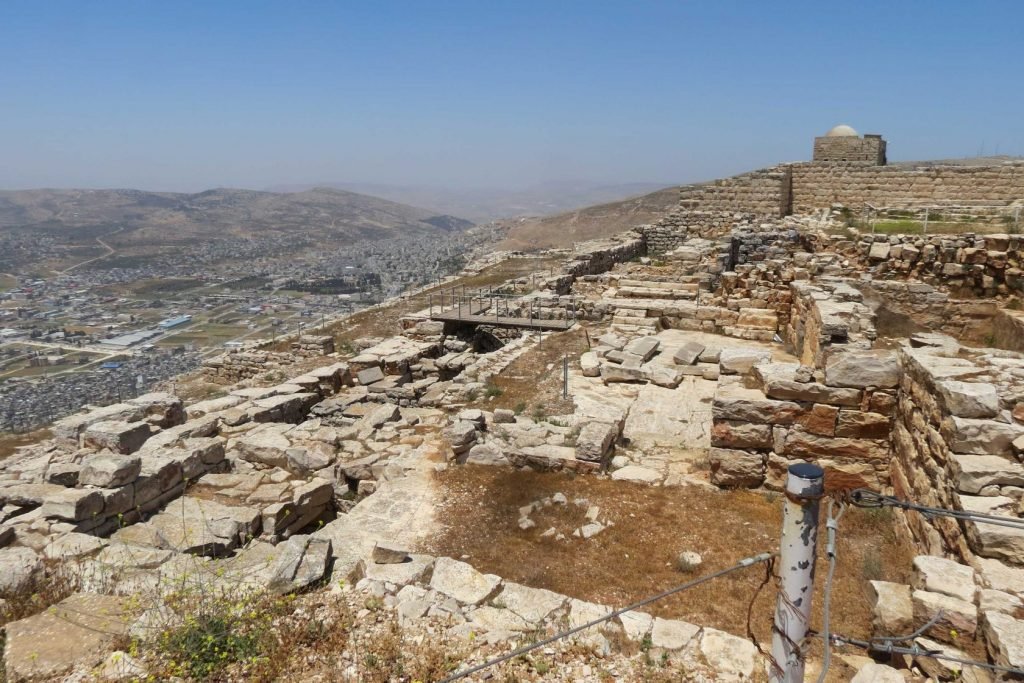Shechem
by Helen Mitchell | Aug 30, 2019 | Israel, Judea and Samaria
There are few places in Israel where the sense of injustice suffered by the Jewish community is felt more acutely than in Shechem.
The centuries-old attempt to erase Jewish history from this town has been so successful that many people today have never even heard the name Shechem. They only know about the Arab town called Nablus under the administration of the Palestinian Authority in the area where Jews are forbidden to set foot.
In fact, the name Nablus is a derivative of ‘Flavius Neopolis’ – the name the Romans gave Shechem in the first century as part of an attempt to destroy its Jewish identity.
The Jewish connection to Shechem dates back to the days when Abraham obeyed the Lord’s call and set out for the promised land. Shechem was the first place he stopped when he reached Canaan – as Israel was then called (Genesis 12:6). Later, Jacob bought a piece of land in Shechem and built an altar to the Lord (Genesis 33:18-20). This was the plot of land where Joseph was buried (Joshua 24:32).

Over the centuries, the Jewish community in Shechem had periods of growth and decline, but Joseph’s Tomb remained a sacred Jewish site drawing many pilgrims. According to one of Israel’s top archeologists, the late Dr. Zvi Ilan, Joseph’s Tomb is “…one of the tombs whose location is known with the utmost degree of certainty and is based on continuous documentation since biblical times.”Shechem is a city historically known for Arab hostility towards Jews. This is one of the main reasons why the Jews returning to Israel at the end of the 18th century, fleeing Russian pogroms, never flourished in Shechem. In 1860, it was reported that six Jewish families tried to settle in the city but left almost immediately due to the constant stone-throwing from their Arab neighbors.
The violent Arab riots of 1929 and 1936 finally put an end to the Jewish presence in Shechem, and the struggling, impoverished Jewish families left in the city were forced to flee for their lives. No Jew has permanently resided in Shechem since.
Shechem was given over to the Palestinian Authority in 1995 as part of the Oslo Accords. Although it was agreed that Joseph’s Tomb would be preserved and remain in Jewish hands, just a few years later Palestinian terrorists broke into the site, burnt and desecrated it.
Today, any Jew wanting to pray at the ruins of Joseph’s Tomb must wait for one of the few organized pilgrimages that happen each year – at the dead of night, escorted by Israeli security forces.
It is a great tragedy for Jewish people that they cannot freely access and pray at one of their most sacred sites. In view of this, why are many still pushing for Israel to give up more holy and historic locations?
